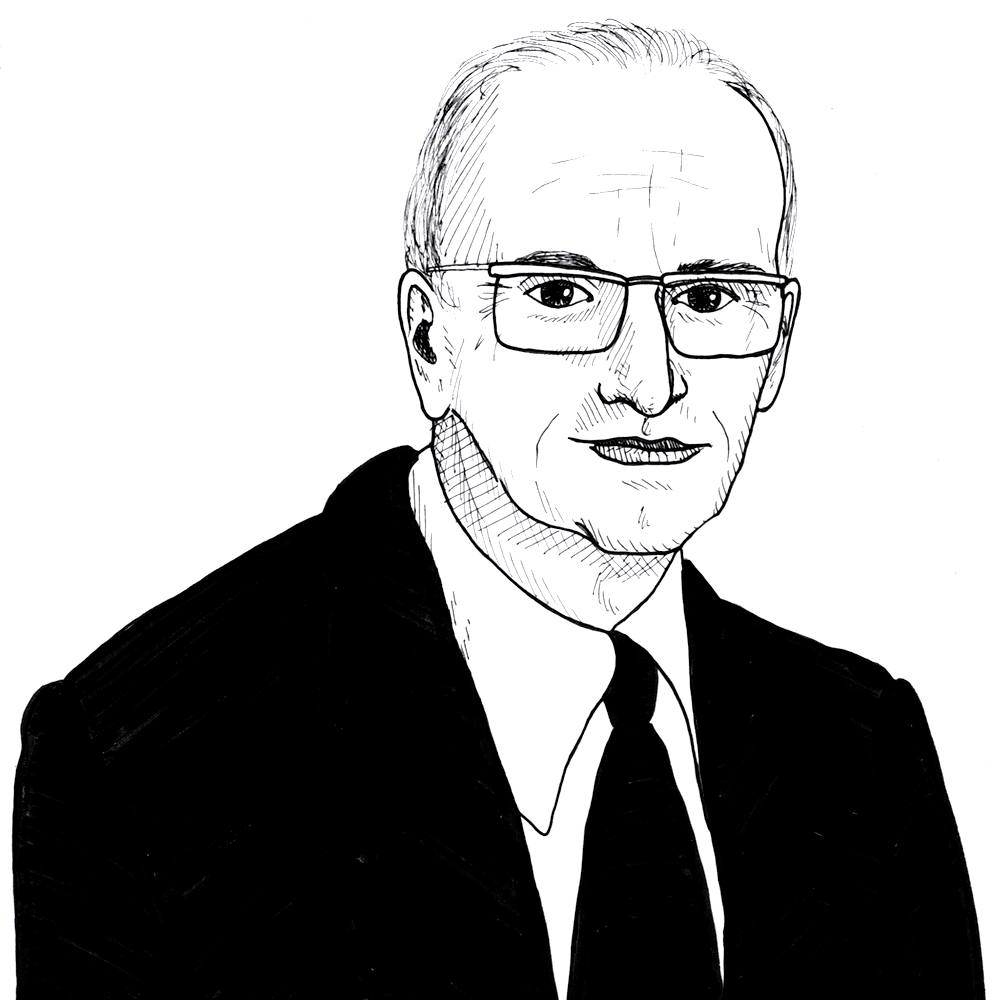
Armen Alchian on Perpetuities
Found in: Universal Economics
The focus of Armen Alchian’s intellectual contribution to the understanding of a free society is his studies on basic price theory. However, the price mechanism does not operate in a vacuum and an insistence on the relevance of property rights for the understanding of how the market operates was his great contribution for the economic way of thinking. Once accepted that the institutional setting determines the possibilities for efficient allocation of resources by the economic agents as they react to market signals, it becomes clear that certain institutional arrangements are more conductive than others to more efficient outcomes. Take for instance his discussion about perpetuities:
Economics
However, a reason for the ban on your unlimited future control is that it reduces the influence of future market values on the way that resource will then be used. The “dead hand of the past” is not allowed to overrule the “invisible hand” of future generations’ market values. The rule against perpetuities permits restrictions on use and salability of resources for only about twenty-one years after the death of persons who were alive at the time of the death of the donor. If that rule were not enforced, resources today would still be used in ways they were generations ago—a potentially unattractive result. (FROM: THE RULE AGAINST PERPETUITIES) - Armen Alchian